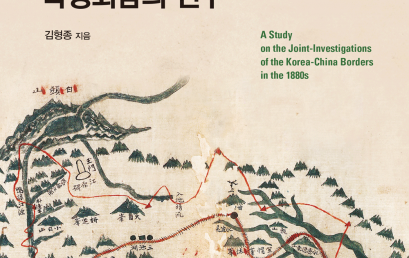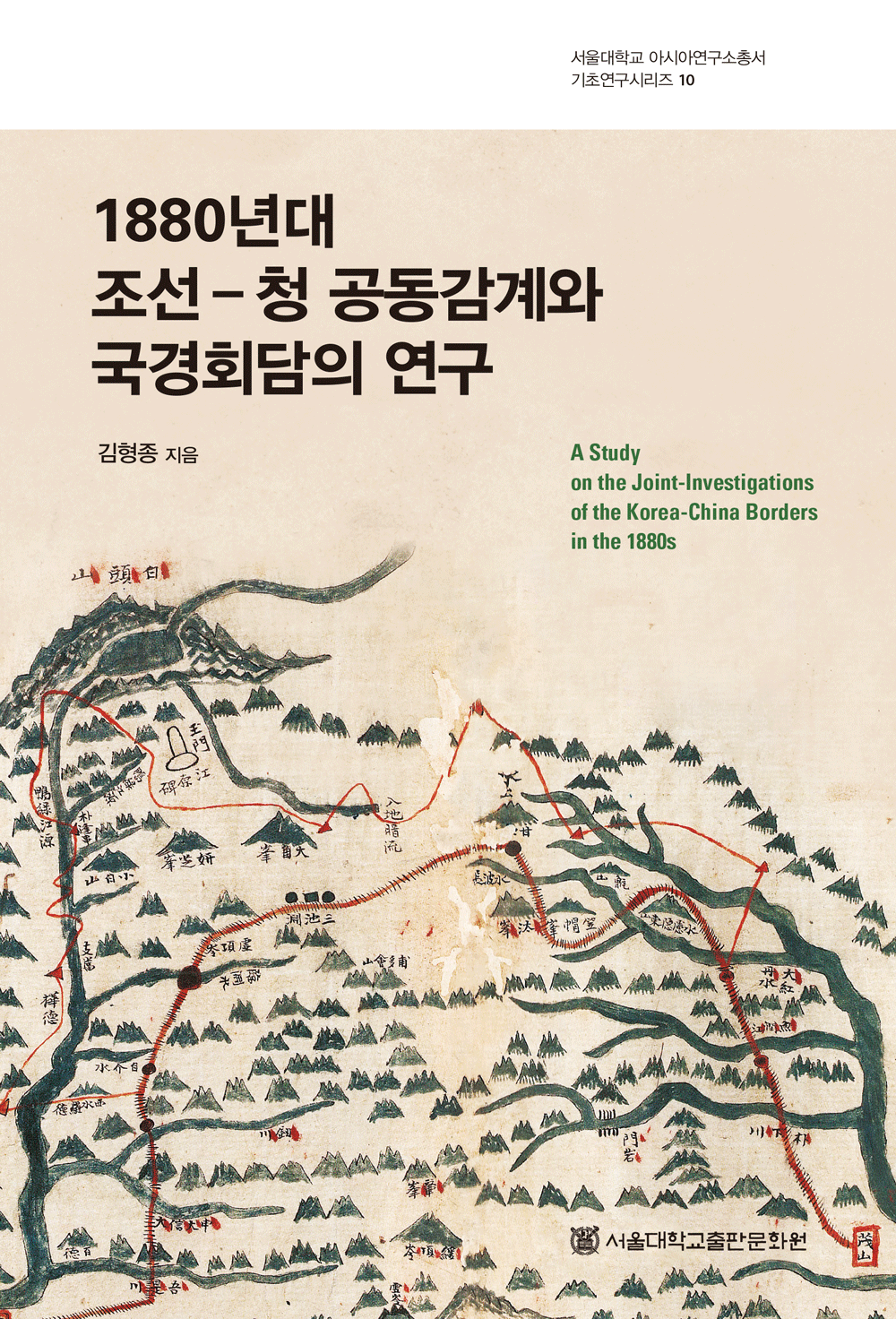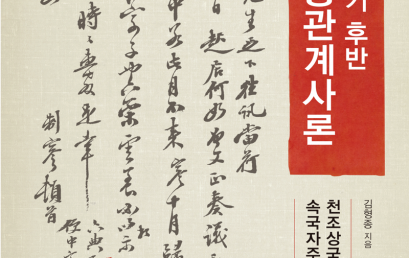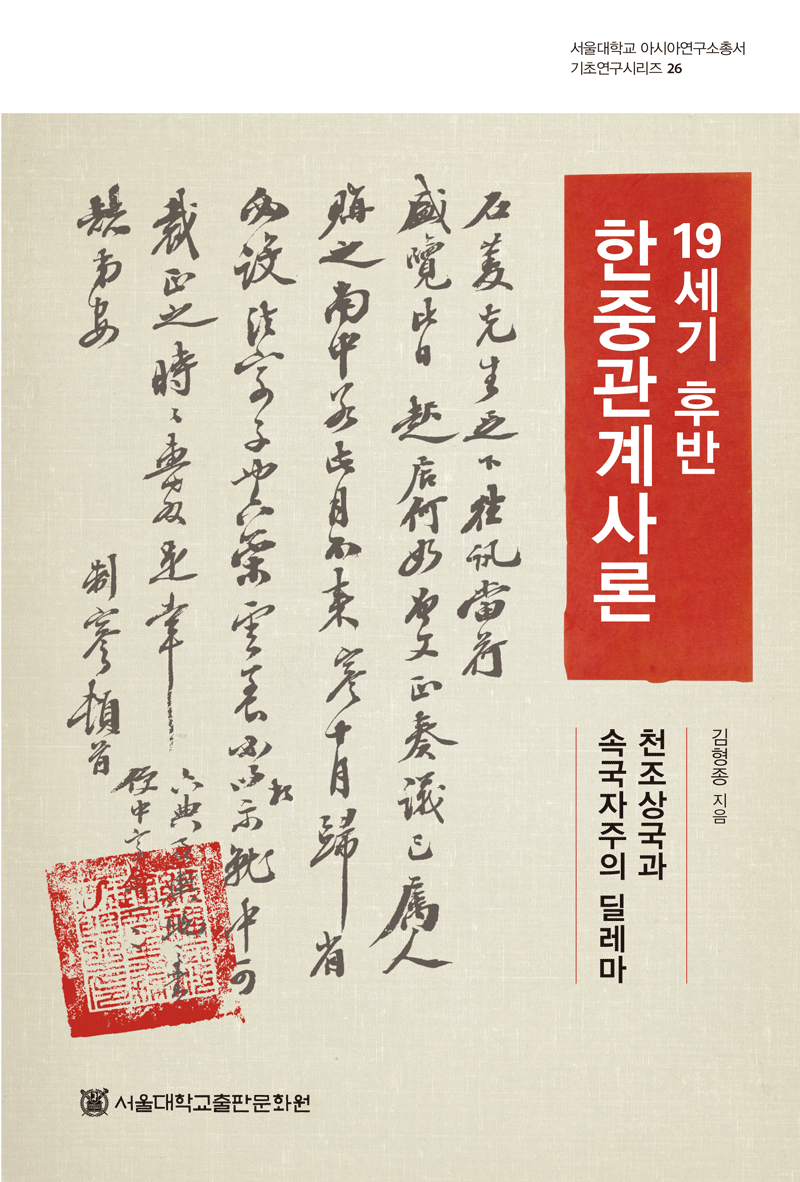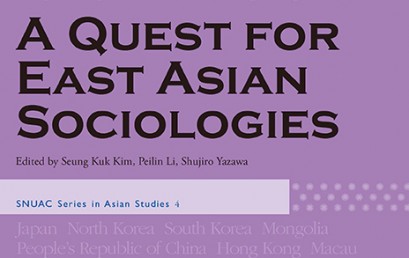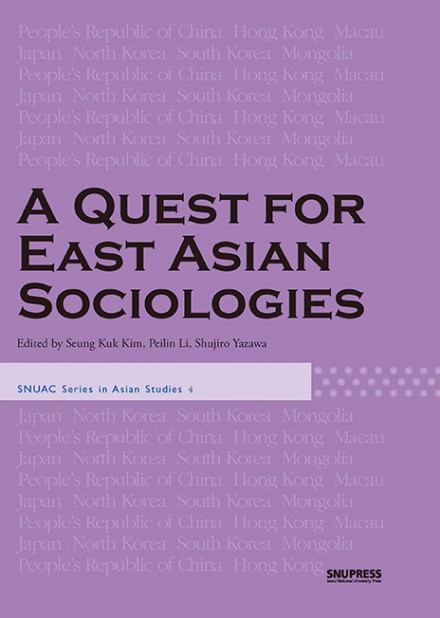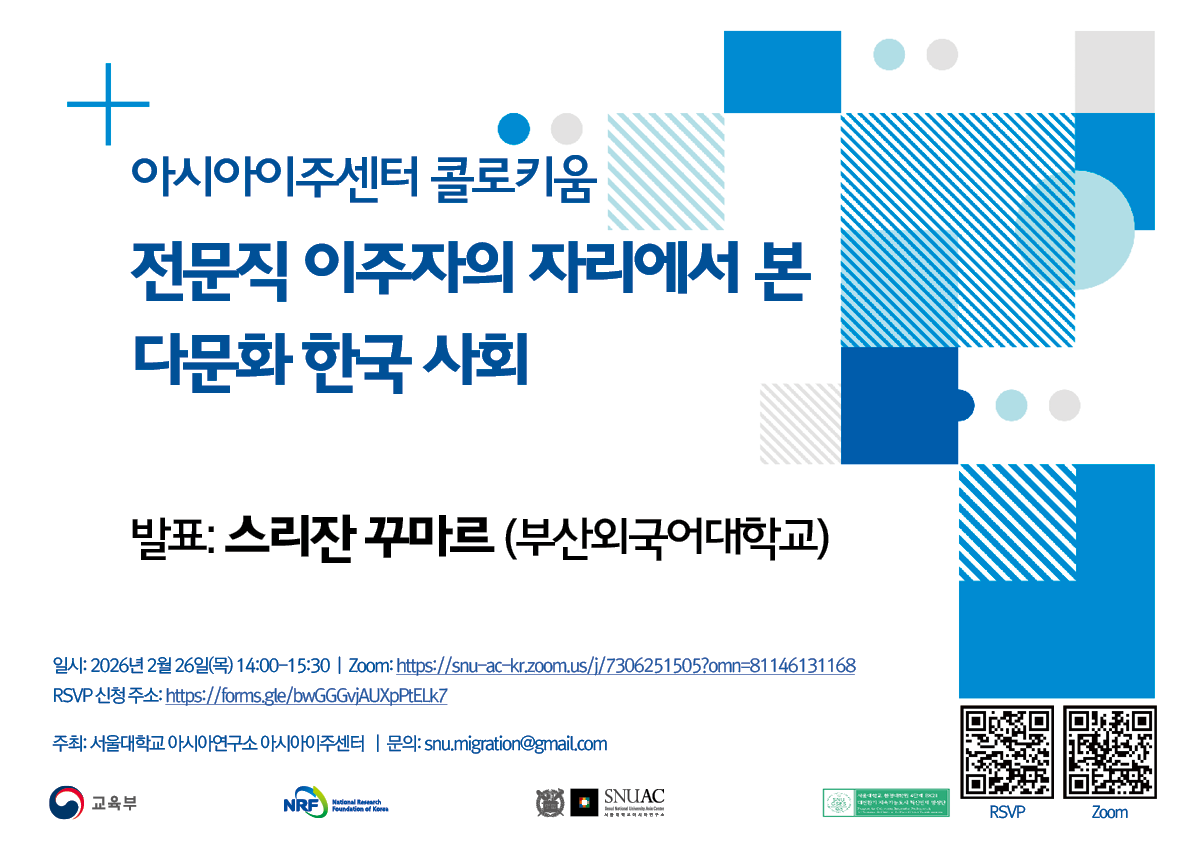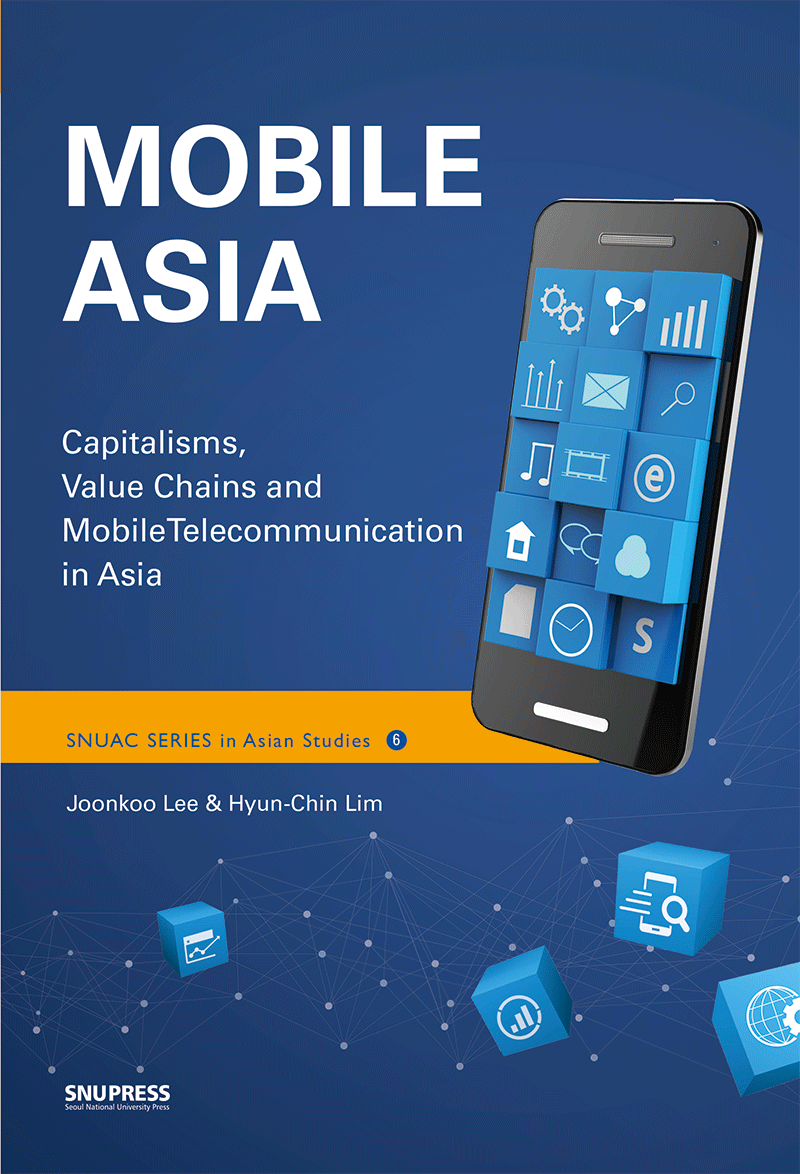

Mobile Asia: Capitalisms, Value Chains and Mobile Telecommunication in Asia
이책은 아시아에서 모바일통신의 부상이라는 현상에 주목하면서, 어떻게 이동통신산업이 새롭게 부상하는 ‘초국적 아시아’(transnational Asia)의 바탕을 이루면서 지역내외의 상호연결을 이루고 있는가를 글로벌 가치사슬이론의 관점에서 살펴보고 있다.
2019 대한민국학술원 우수학술도서
오늘날 아시아는 글로벌 모바일통신산업을 선도하고 있다. 지난 20여년 사이 아시아는 전 세계 휴대전화 수츨의 80% 이상을 차지하는 ‘공장’이자, 20억 휴대폰 사용자를 가진 세계 최대의 ‘시장’으로 부상하였다. 아시아는 어떻게 글로벌 모바일통신산업의 정상에 올라서게 되었는가? 이동통신산업은 어떻게 아시아 국가들의 경제, 산업, 고용 구조를 변화시키고 나아가 민주화와 같은 사회변동에 기여하여 왔는가?
이책은 아시아에서 모바일통신의 부상이라는 현상에 주목하면서, 어떻게 이동통신산업이 새롭게 부상하는 ‘초국적 아시아’(transnational Asia)의 바탕을 이루면서 지역내외의 상호연결을 이루고 있는가를 글로벌 가치사슬이론의 관점에서 살펴보고 있다. 휴대전화산업에서 한국을 비롯한 동아시아의 부상은 어떻게 유럽과 미주 국가들의 쇠퇴와 함께 하였는가? 한국, 일본, 대만을 비롯한 동아시아국들에서 산업의 발전은 어떻게 다른 양상으로 전개되었는가? 어떻게 한때 선발주자였던 일본이 수출시장에서 물러난 반면, 대만은 글로벌 브랜드의 생산과 공급망을 대행하면서, 한국의 삼성은 독자 브랜드를 통해 세계 시장을 주도하게 되었는가? 최근 중국 화웨이, 샤오미 등의 고가시장 진출과 해외진출 전략은 휴대전화 산업의 경쟁에 어떤 함의를 던지는가? 어떻게 미국의 애플은 휴대폰 설계와 판매를 제외한 모든 생산을 해외, 특히 중국에서 외주를 통해 하면서 성공을 거둘 수 있었는가? 베트남, 인도 등으로의 휴대전화 생산기지 확장이 아시아 내 휴대전화 산업의 미래를 어떻게 변화시킬 것인가? 필리핀, 인도 등에서 부상하는 로컬 브랜드는 과연 애플, 삼성, 엘지, 화웨이, 샤오미 등을 위협할 것인가?
이 책은 어떻게 아시아 전체가 글로벌 이동통신산업에서 핵심적 행위자로 부상하게 되었고, 그 과정에서 아시아 국가들이 글로벌한 수준과 지역적 수준의 가치사슬에 어떻게 통합되었으며, 수렴과 분기가 공존하는 아시아 국가들의 산업발전 경로와 역내 기업들의 비즈니스 전략이 글로벌 모바일통신산업에서 아시아 경제와 기업들의 성장과 고부가가치 부문으로의 고도화에 어떤 영향을 미쳤는지에 대한 의미있는 평가를 제시하고 있다.
This study pays attention to mobile transformation in Asia and the way it shapes a rising transnational Asia and its organizational and institutional forms of interconnection and interaction. How has Asia become so central in the global mobile telecom industry? How has mobile telecom changed national economies and the way they are connected with each other and to a broader global economy? How do the ways they are integrated to mobile telecom global value chains and international trade networks converge and diverge? How has the rise of mobile usage affected societies in Asia? More broadly, what do all these speak to the present and the future of Asian capitalism(s)?
The rise of Asia is significantly attributed to internal and external connections that the region has developed through global and regional production networks. A dense web of inter-firm networks plays a key role in deepening regional integration but also in advancing the region’s position in the mobile phone GVC. This study provides a valuable assessment of how Asia as a whole has emerged as a key player in the global mobile telecom industry, how Asian countries are integrated to global and regional value chains similarly and differently, and how the convergent and divergent development paths and firms’ business strategies have affected the growth and upgrading trajectories of Asian economies and firms in the global mobile telecom industry.
차례
Preface
1 Introduction
Mobile Asia: Weaving Connection and Interaction in Asia and Beyond
Research Questions and Findings
Methodological Note
Organization of the Book
Section I: Capitalisms, Global Value Chains, and Integration and Divergence in East Asia:
Conceptual Framework
2 Capitalism in Globalizing Asia
Asia on the Rise
Dynamics of Capitalism in Asia
3 Global Value Chains, Divergence, and Regionalization
Introduction
Transformations of the Global Economy from a GVC Lens
Integration, Convergence and Divergence in GVCs: East Asia Context
Regionalization and Regional Value Chains: Linking the Global and the Local
Section II: Mobile Transformation: Global and Regional Landscape
4 Mobile Telecom Global Value Chains: Key Actors, Trends and Dynamics
Introduction
Mapping the Mobile Telecom GVC
Key Actors in the Mobile Telecom GVC
Key Trends and Dynamics in the Mobile Telecom GVC
Integration to and Economic Upgrading in the Mobile Phone GVC
Conclusion
5 East Asia in Mobile Phone Trade Networks: Inter- and Intra-regional Linkages
Introduction
Data and Methods
International Trade of Mobile Phones and Parts
Inter- and Intra-regional Trade Networks in the Mobile Phone GVC
Conclusion
Section III: Convergence and Divergence in Mobile Asia
6 Divergent Paths of GVC Integration and Upgrading in the East Asian Mobile Telecom Industry
Introduction
Data and Methods
The Globalization of Mobile Phone Manufacturing and East Asia
Divergent Paths of Mobile Phone Manufacturing in East Asia
Conclusion
7 Evolving Firm Strategies and Regional Value Chains: Samsung, Apple, and Shanzhai
Introduction
Integrated Value Chains, Co-location and Regionalization: The Case of Samsung
Role of Extra-regional Actors in Regional Value Chains
Market Disruption, New Entrants and Regional Value Chains
Conclusion 4
8 Epilogue: Mobile Asia and the Future of Capitalism
Key Findings: Summary and Discussion
Looking Forward
Appendix Democratic Challenges in Mobile Asia: Korean Case
References
Index
저자 소개
Joonkoo Lee(이준구) 한양대학교 경영대학 조직인사전공 조교수
Joonkoo Lee is Assistant Professor of Organization Studies in the School of Business at Hanyang University, Seoul. Before joining Hanyang in 2012, he was a postdoctoral research scholar in the Social Science Research Institute at Duke University, and a sector coordinator for the Capturing the Gains research program. In 2014-2015, he was a visiting research fellow at Asia Center at Seoul National University. His research interests include globalization and development, global value chains, organizational studies, political economy in Asia, and cultural and creative industries. His work has appeared in Proceedings of the National Academy of Sciences of the United States of America, Journal of Business Ethics, Journal of Contemporary Asia, and Journal of Supply Chain Management. He received his Ph.D. in Sociology from Duke University, and his M.A. and B.A. from Seoul National University.
Hyun-Chin Lim(임현진) 서울대학교 사회학과 명예교수 및 대한민국 학술원 회원
Hyun-Chin Lim is Professor Emeritus of Sociology and Founding Director of Asia Center at Seoul National University. He is an elected member of the National Academy of Sciences, Republic of Korea. Currently, he is chairman, the Academy of Korean Studies. He received his B.A. and M.A. in Sociology from Seoul National University, and his Ph.D. in Sociology from Harvard University. He was previously the dean of Faculty of Liberal Education, the dean of the College of Social Sciences, and the founding director of Asia Center, all at Seoul National University. He worked as a member of the Executive Council, Society for the Advancement of Socio-Economics. He also served as the president of professional associations including Korean Association of NGO Studies, Korean Sociological Association, International Development and Cooperation Association, Korean Association for Political Society, and Korean Social Science Research Council. His publications include more than 55 books and over 250 scholarly articles on dependency, development, democracy, and civil society in East Asia and Latin America.
